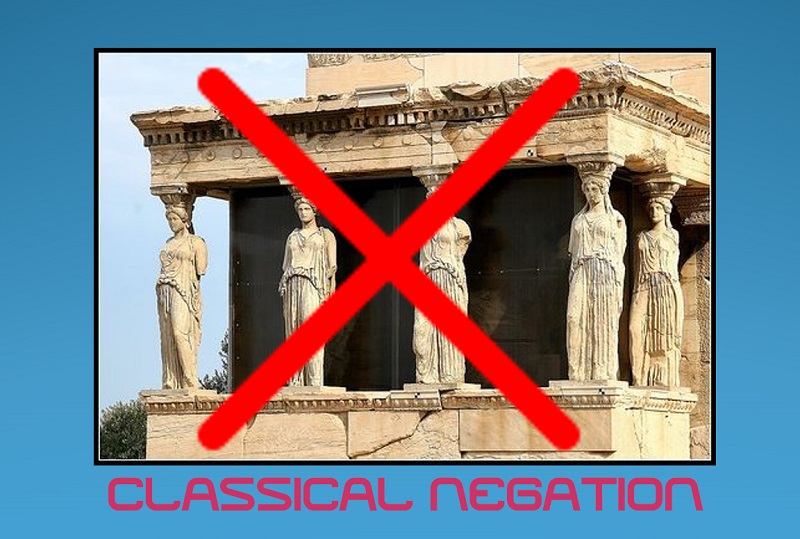|
Naming Logics II
June 21, 2018, Afternoon

Workshop at
UNILOG'2018 organized
by
Jean-Yves Beziau
(University of Brazil, Rio de Janeiro)
Manuel Gustavo Isaac
Swiss National Science Foundation / University of Amsterdam, The Netherlands
Blaise Pascal famously claimed: “Je ne dispute jamais du nom pourvu qu’on m’avertisse du sens qu’on lui donne” (I never quarrel about a name, provided I am apprised of the sense it which it is understood), Les Provinciales. However to find the right word for the right thing is a sophisticated art.
Modern logic has been qualified by various expressions: “symbolic logic”, “formal logic”, “mathematical logic”, “metamathematics”. What does all this mean? For example “mathematical logic” is typically an ambiguous expression since it can mean both logic treated in a mathematical way or/and the logic of mathematics. “Symbolic logic” is also a mixture of different things, it can make reference to the use of some formal mathematical signs, or some true symbols, like Venn’s diagrams. “Formal logic” is an expression put forward by Kant but ironically it has been often used to denote modern mathematical logic by opposition to traditional logic. “Metamathematics” was coined by Hilbert and he used it as synonymous to “Proof theory” (Beweistheorie) for him the. Although it has been quite popular, cf. the classical book of Kleene Introduction to metamathematics is not much used today probably because too much related with a speficic approach to logic.
Concerning the names of systems of logic, there is also a lot of ambiguity. In which sense “classical logic” is classical, “Intuitionistic logic” is intuitive, “linear logic” is linear, “relevant” logic is relevant, “free logic” is free, “intensional logic” is intensional?
“Modal logic” encompasses many different systems, in which sense are they all dealing with modalities and what is a modality? “First-order logic” and “second order logic” are expression which are often used. What do they mean exactly, are the involved qualifiers appropriate? Do they make sense in relation to “third-order logic”? The expression “zero-order logic” is not much used. Does it make sense to use it to qualify propositional logic, or does it correspond to something else?
A careful analysis of names used in logic can provide a fresh look at the different logical systems and/or the concepts and methodologies used to study and develop them. It can clarify what has been done and give some clues for new developments.
This is a follow up of the workshop Naming Logic(s) organized at the LMPS, in Helsinki, 2015
Call for papers
We invite contributions discussing logical terminology:
- in which sense symbolic logic is symbolical?
- in which sense mathematical logic is mathematical?
- in which sense formal logic is formal?
- in which sense classical negation is classical?
- in which sense intensional logic is intensional?
- in which sense minimal logic is minimal?
- in which sense free logic is free?
- in which sense relevant logic is relevant?
- Are many truth values values for truth?
- can we put truth in a table?
Abstracts (one page) should be sent by December 1st, 2017 via e-mail to:
isaac.manuelgustavo@gmail.com
| . . |
 SCHEDULE
SCHEDULE

Keynote Speaker

Göran Sundholm
Dpt of Philosophy
University of Leiden, The Netherlands
"The Validity of Validity"
Contributing Speakers
Jean-Yves Beziau,
University of Brazil, Rio de Janeiro and ENS, Paris,
“In which sense symbolic logic is symbolic?”
Vedat Kamer,
Istanbul University, Istanbul, Turkey,
“In which sense informal logic is informal?”
Arnaud Plagnol,
University Paris 8 and IHPST, France,
“Is logic a theory of symbolization?”
Ricardo Silvestre,
Federal University of Campina Grande, Paraiba, Brazil,
“Logic, Philosophy and Philosophical Logic”
Back to the 6th Universal Logic Congress
|

 SCHEDULE
SCHEDULE 